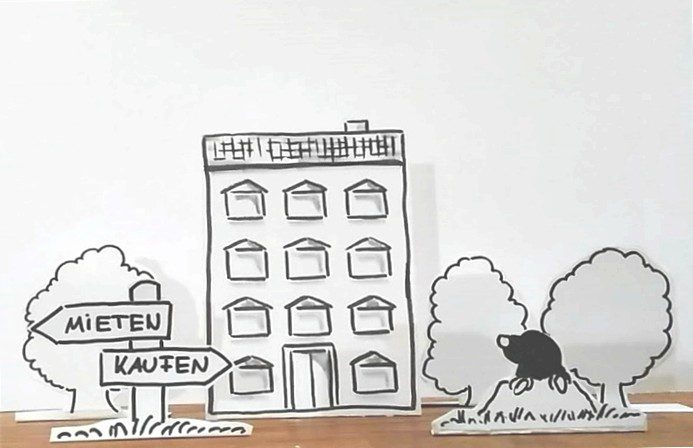Financing a property without equity? Many tenants face exactly this question, especially after the last co-increase or when the space is no longer sufficient due to family growth and a larger affordable rental apartment can not be found. If you follow a few basic rules and get sensible advice from professionals, such a thing is actually possible.

Many people still think that you need at least 20 percent equity capital to finance a property. This "equityqoute The "mortgage financing" is a term that dates back to a time when mainly building societies and mortgage banks financed real estate and were only allowed to finance up to a certain amount by law. But these times are long gone. In the meantime, even commercial banks (e.g.B. Savings banks, credit unions, etc.) Real Estate. And also the special banks, building societies and insurance companies have found ways to be able to finance with less own capital.
Property is not always worthwhile!
Even if one is persuaded again and again that an own real estate is always better and more favorable than to live to the rent, that is SO not true in each case. What is more favorable for you personally at the bottom line depends on umpteen factors, especially your family or professional situation. For example, if you expect to be transferred professionally, you should consider the project "buying instead of renting" approach it differently than someone who knows exactly that he will live in the same place for the next 10 to 30 years (and wants to). Basically: if you want to live in the same property only temporarily, you should rather refrain from financing it without any equity capital. Whereby "temporarily means less than 10 years.
Full financing: huge differences in conditions!
Who wants to finance a real estate completely without own capital funds, cannot count on bargain conditions. Finally, the interest rates for almost all banks are based primarily on the amount of the loan to value. This is the relationship between property value and loan amount. The higher this loan is, the more expensive it becomes. But while some banks "leave the church in the village and demand fair interest rates, others really take a long time. If we compare the interest conditions of all our bank partners, we have interest rate differences of currently up to 4 percent (!).